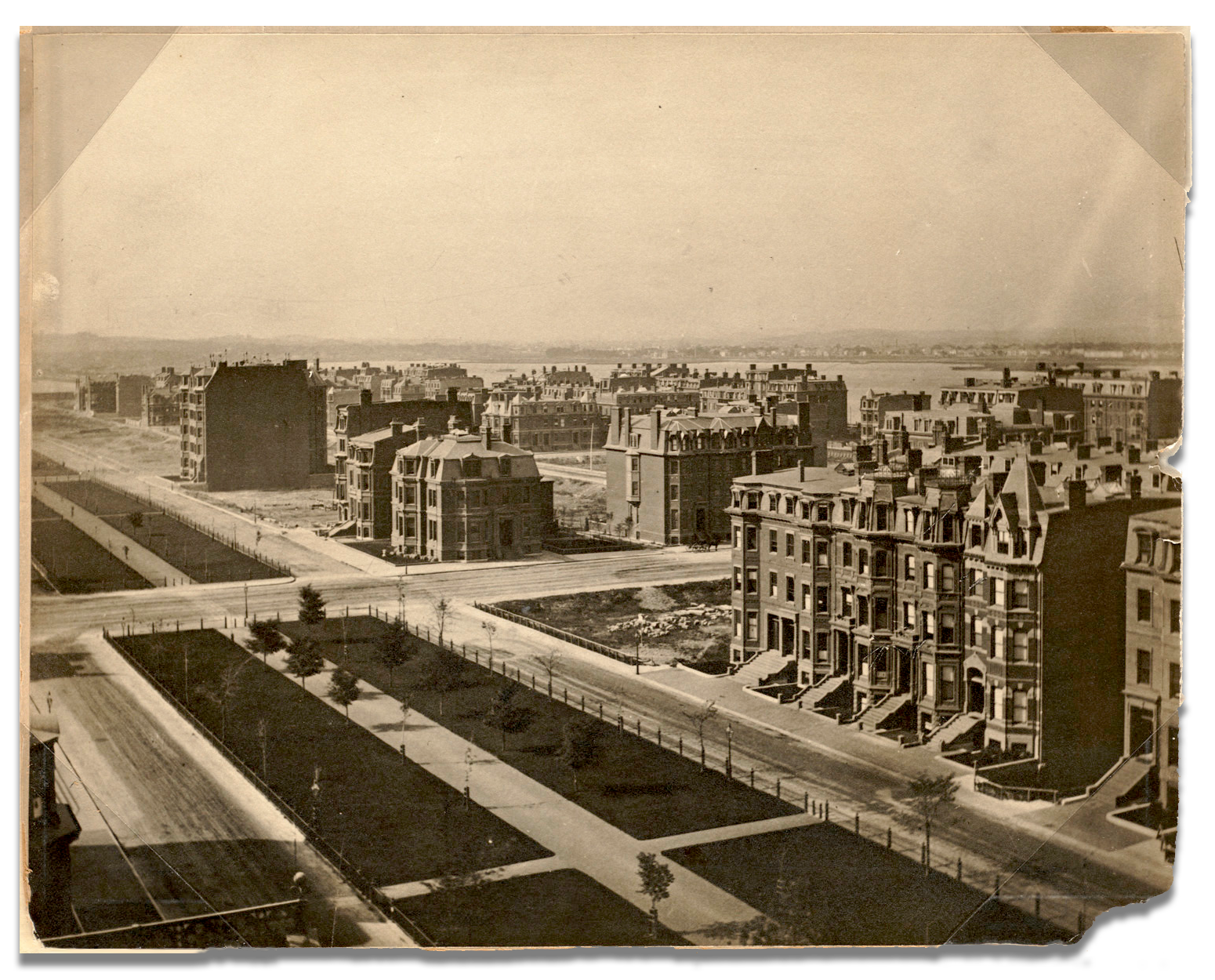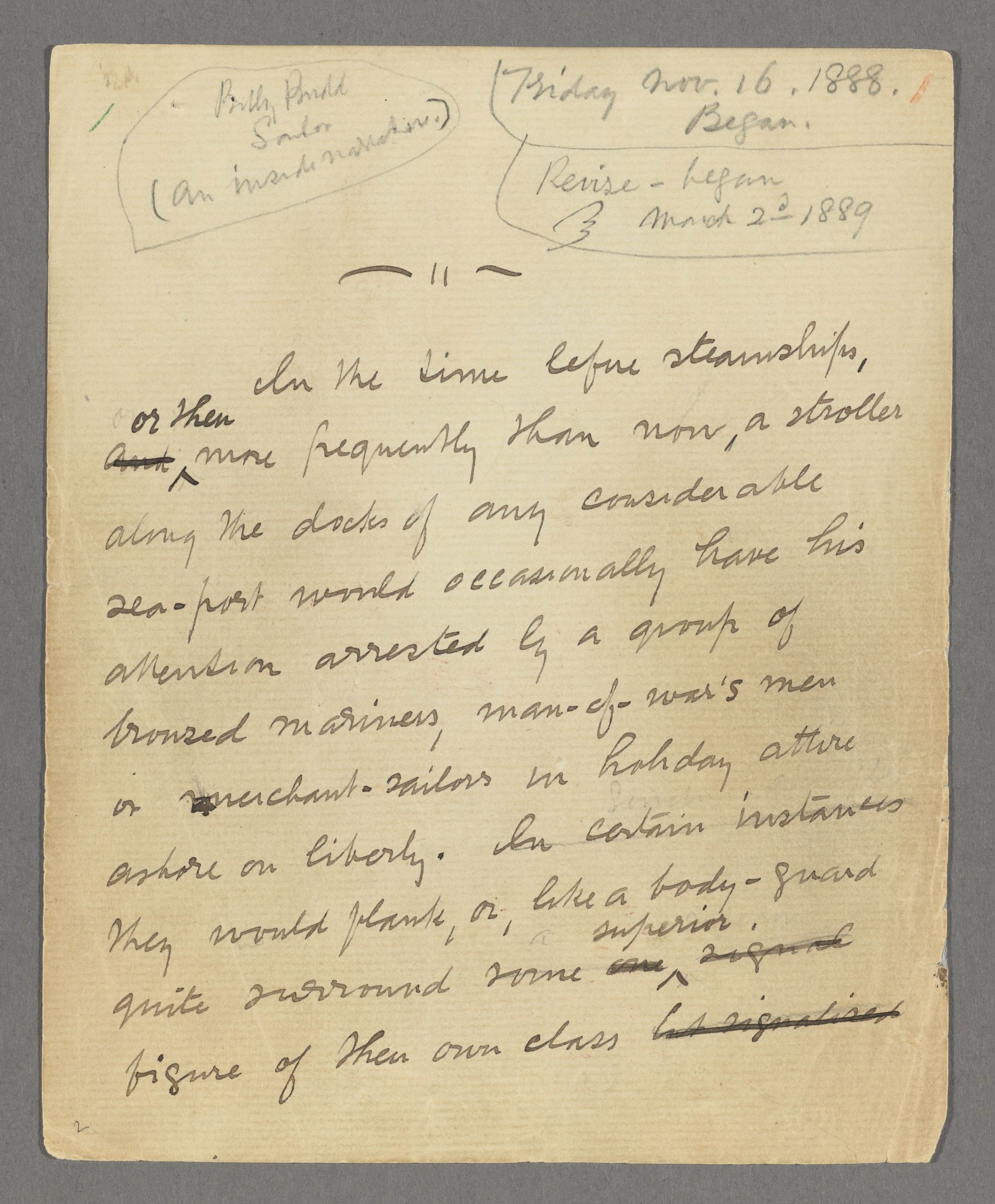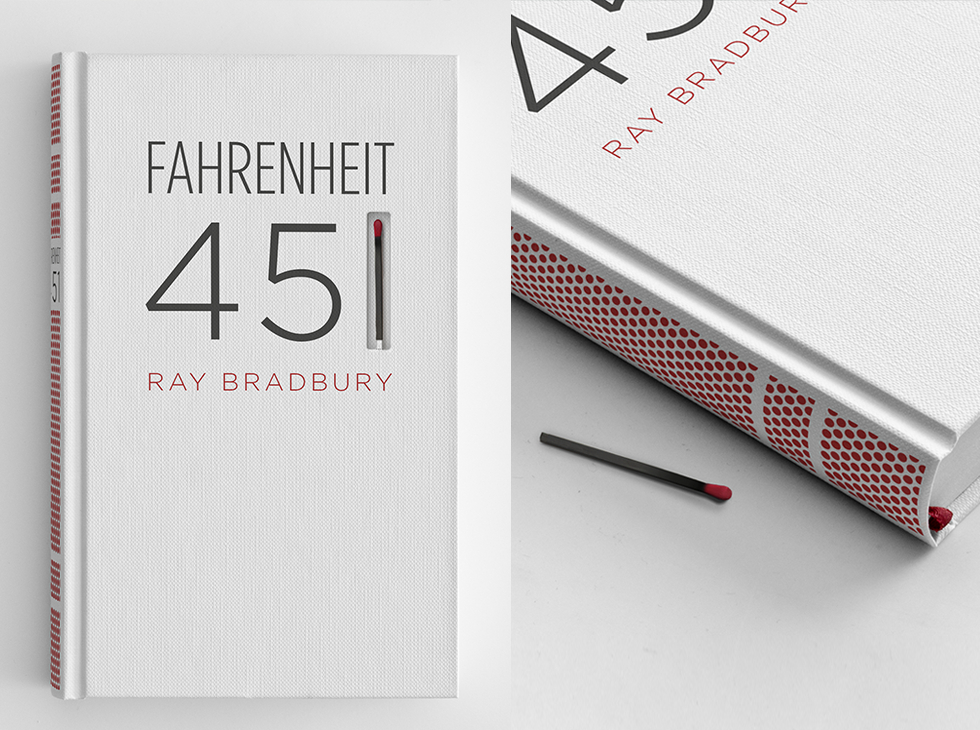I don’t believe that poems are written to be heard, or as Mill said, to be overheard; nor are poems addressed to their reader. I believe that poems are a score for performance by the reader, and that you become the speaking voice. You don’t read or overhear the voice in the poem, you are the voice in the poem. You stand behind the words and speak them as your own — so that it is a very different form of reading from what you might do in a novel where a character is telling the story, where the speaking voice is usurped by a fictional person to whom you listen as the novel unfolds.
Art
Billy Budd manuscript
Melville’s original handwritten manuscript of Billy Budd (via). (Click image to view full size.)
Orwell

Colorized by Edvos. Date and photographer unknown. (Via Colorized History.)
Flickr Find of the Day

The Back Bay in progress. Commonwealth Avenue in Boston, looking west toward the intersection of Dartmouth Street, ca. 1872. The photo seems to have been taken from the tower of the First Baptist Church, on the corner of Clarendon Street. From the wonderful Flickr stream of the Boston Public Library.
Winter

“Yosemite, Plan View, 2012” by Dan Holdsworth. More of Holdsworth’s amazing photos here.
“The extension of our sympathies”
The greatest benefit we owe the artist, whether painter, poet, or novelist, is the extension of our sympathies… Art is the nearest thing to life, it is a mode of amplifying experience and extending our contact with our fellow-men beyond the bounds of our personal lot.
Book lust (a continuing series)
Concept design by Elizabeth Perez for Fahrenheit 451. “The book’s spine is screen-printed with a matchbook striking paper surface, so the book itself can be burned.” Very cool.
Hemingway: “Make it alive”
You see I’m trying in all my stories to get the feeling of the actual life across — not just depict life — or criticize it — but to actually make it alive. So that when you read something by me you actually experience the thing.
Hemingway, age 25, letter to his father, March 1925

